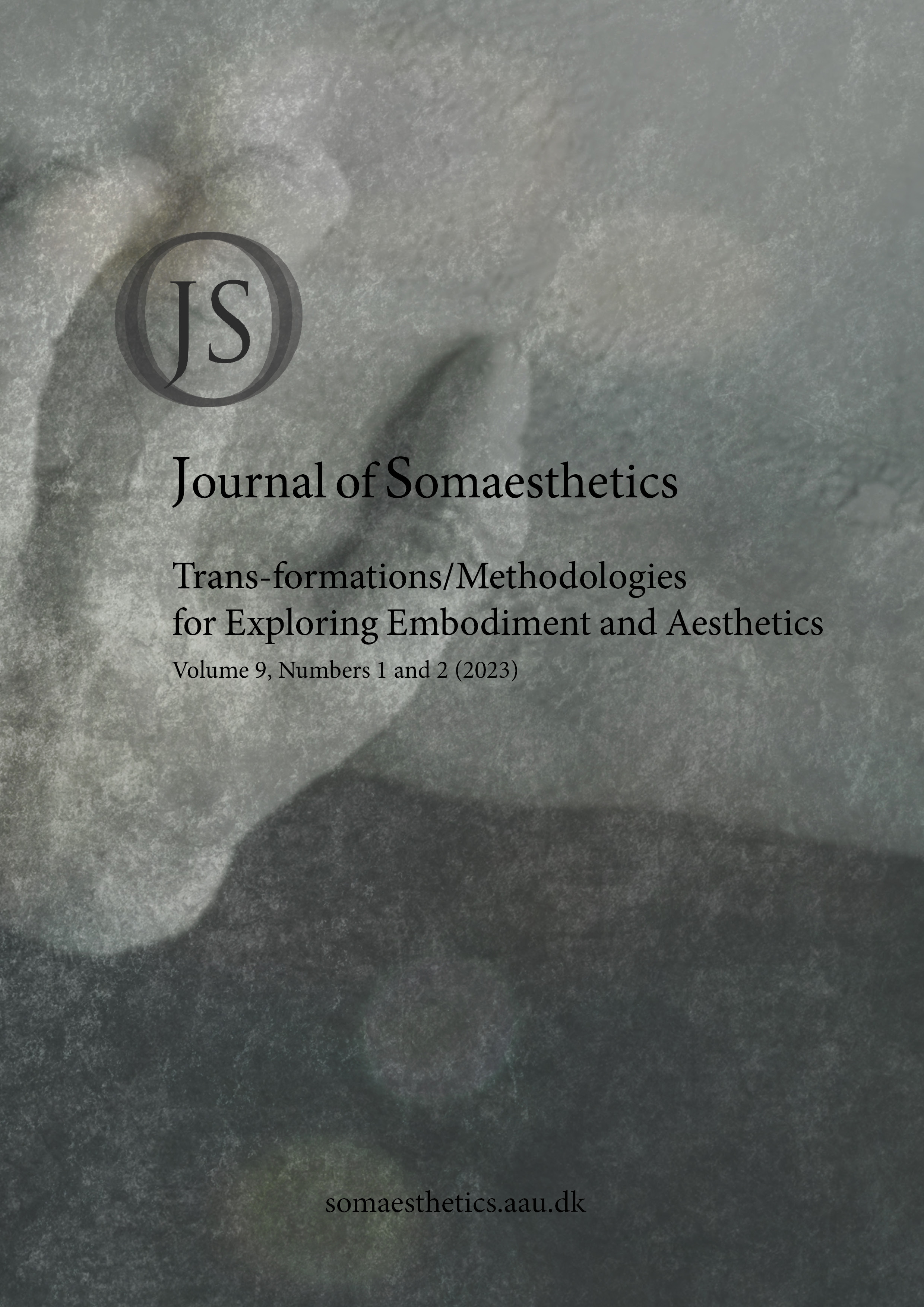Yoga an auxiliary tool in students’ lives: creating and re-creating balance in mindful bodies
DOI:
https://doi.org/10.54337/ojs.jos.v9i1.7412Abstract
Student mental health is a global public health issue. This study was carried out on the premise that yoga constitutes a low barrier health-promoting activity of relevance for students. Data was generated through individual interviews with five students, aged 20-27, participating in a 12-week yoga program. Informed by phenomenology and somaesthetics the findings show how practicing yoga involves learning and establishing new habits across several dimensions. The findings shed light on the broader significance of yoga as a self-care practice with the potential to promote young people’s health, well-being and equilibrium in life.
Downloads
Published
Issue
Section
License
Copyright (c) 2023 Suki Phengphan, MD, MA (hon), Wenche Bjorbækmo

This work is licensed under a Creative Commons Attribution-NonCommercial-NoDerivatives 4.0 International License.
Articles published in The Journal of Somaesthetics are following the license Creative Commons Attribution-NonCommercial-NoDerivs 4.0 Unported (CC BY-NC-ND 4.0). Authors retain copyright and grant the journal right of first publication with the work simultaneously licensed under a Creative Commons Attribution License: Attribution - NonCommercial - NoDerivs (by-nc-nd). Further information about Creative Commons
If excerpts, tables, figures, charts, artwork or photographs from other copyrighted works are included in an article, it is the author’s responsibility to obtain written permission from the copyright owners and credit the source’s in the article and citation list.


